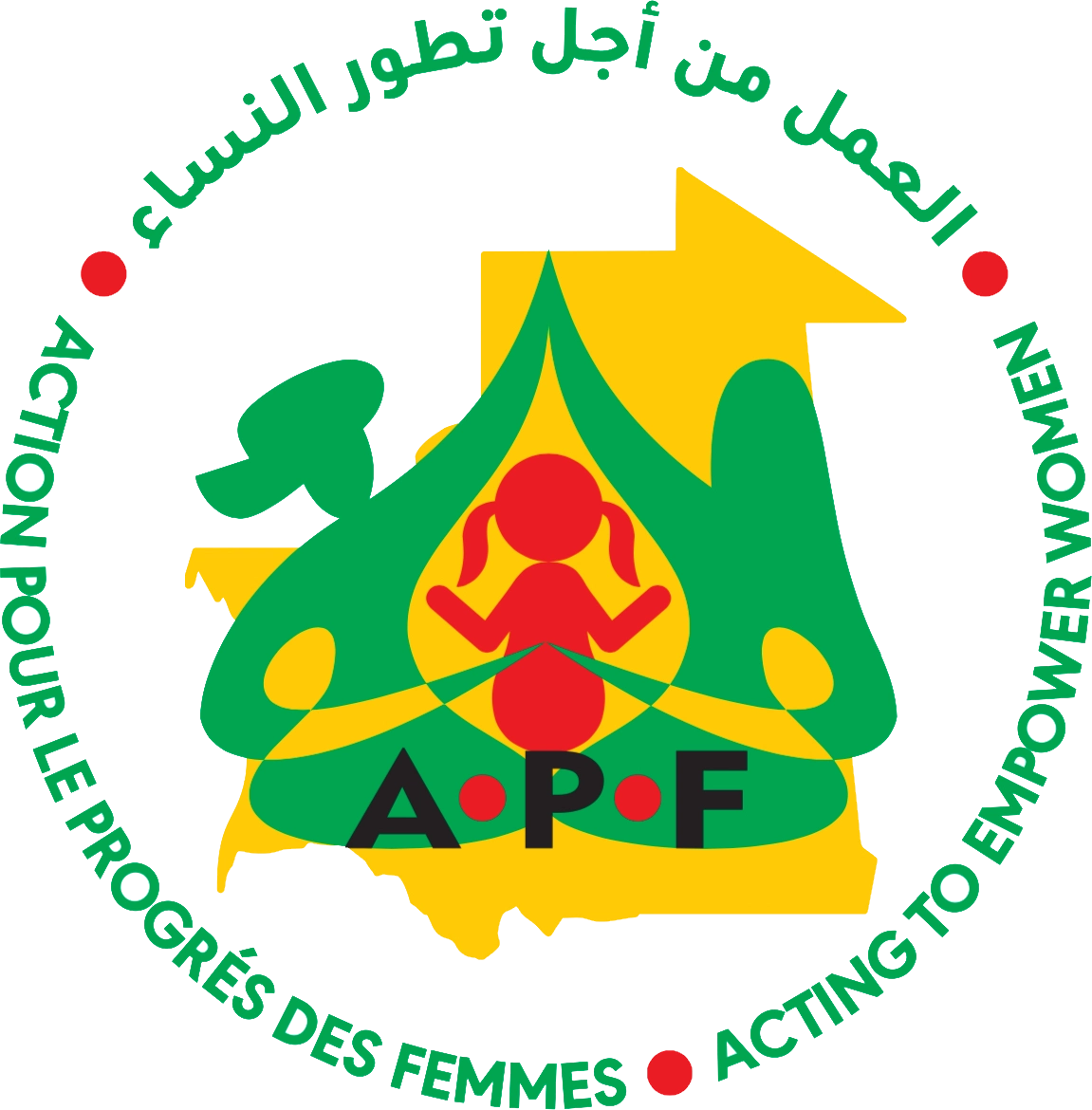Action for the Progress of Women: the empowerment of Mauritanian women Is it necessary torecall that the notion of progress implies a certain notion of positivism dear to Auguste Comte,and, beyond that, to the civilizational sphere of the West? Is it applicable to the Mauritanianspace, a link between the Arab-Muslim world and black Africa or a certain cross between thepatriarchy that derives from the first meets the pre-existing after-effects of a deep matriarchyof the second, whose roots go back to an immemorial past? In other words, are we allowed toquestion the effectiveness of policies for the empowerment of African women in light oflimiting social norms, particularly patriarchy? The objective of the Association “Action for theProgress of Women” is to highlight the challenge of the human dimension of change in theprocess of women’s empowerment.
Actions aimed at emancipating women from the familystraitjacket (feminist perspective, of course!) must be based on an exhaustive study of thedifferent communities in Mauritania. Any initiative must be carried out using the comparativemethod. The comparison between the different styles of female leadership observed in theMauritanian space shows a considerable gap whether we are talking about Arab-Berber,Haalpulren, Soninko, Hartani or Wolof women. Indeed, the advantage goes to the Arab-Berberwoman in both quantitative and qualitative performance, when it comes to traditional feministleadership, perhaps due to an early proximity with black African societies, so much so that itis put on a pedestal that borders on preciousness, given that the more divorces it garners, themore its value in terms of rating on the matrimonial stock exchange increases. Herempowerment seems, at first glance, easier to bring about, even if this strong dependence onmen can reveal alarming behaviors in the members of this community and cause a certainatrophy. In the Haapularen community, the same can be said of the aristocracy where the”great royals” abound. However, the affirmation of traditional feminist leadership in terms ofthe capacity to influence to overcome the obstacles to women’s empowerment can encounterserious obstacles such as early marriage or its alter ego, arranged marriage.

